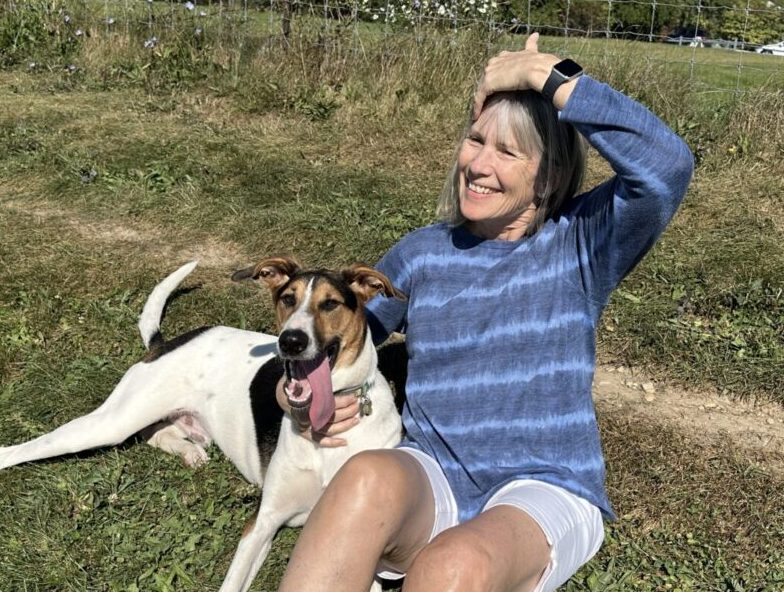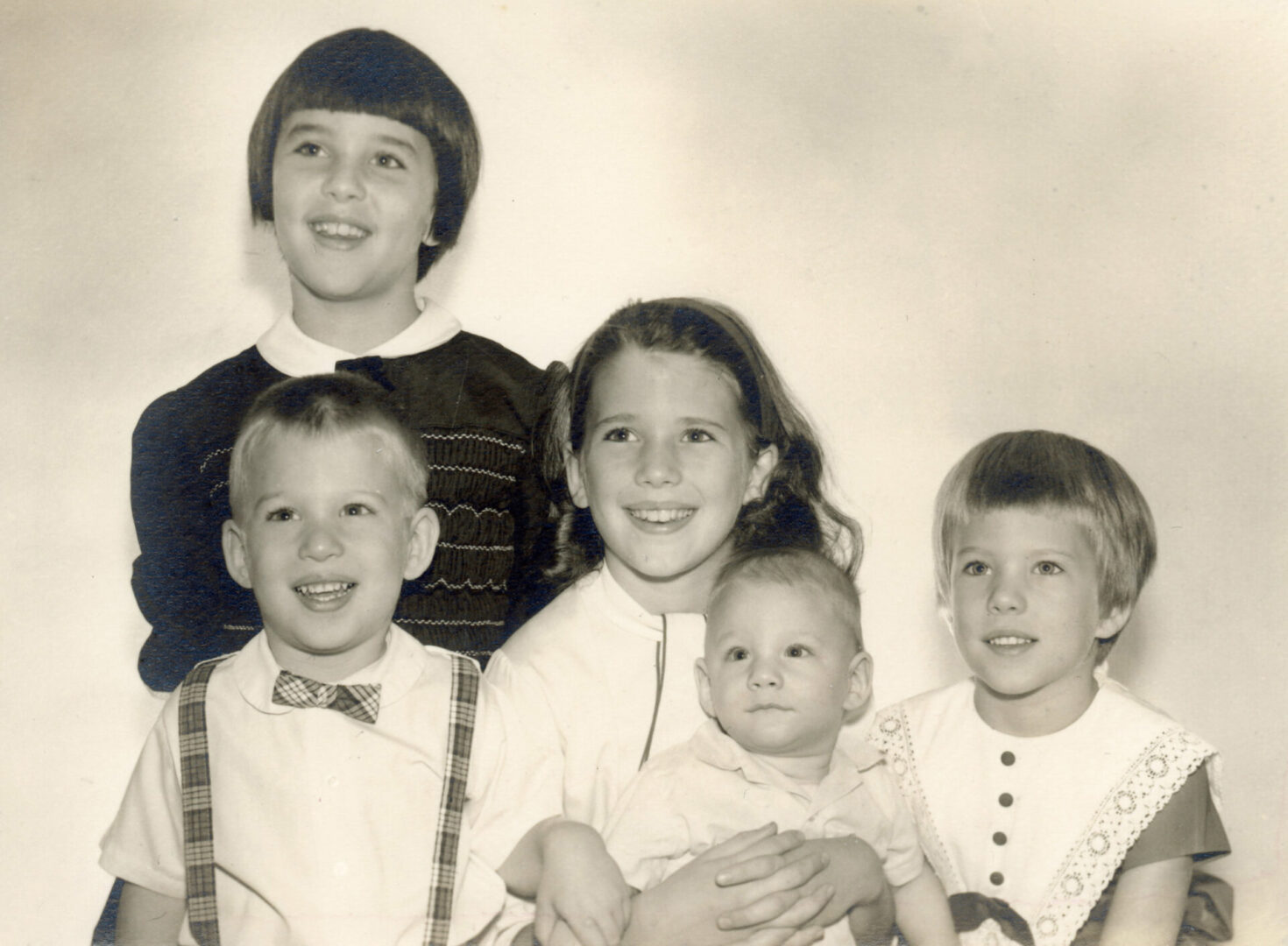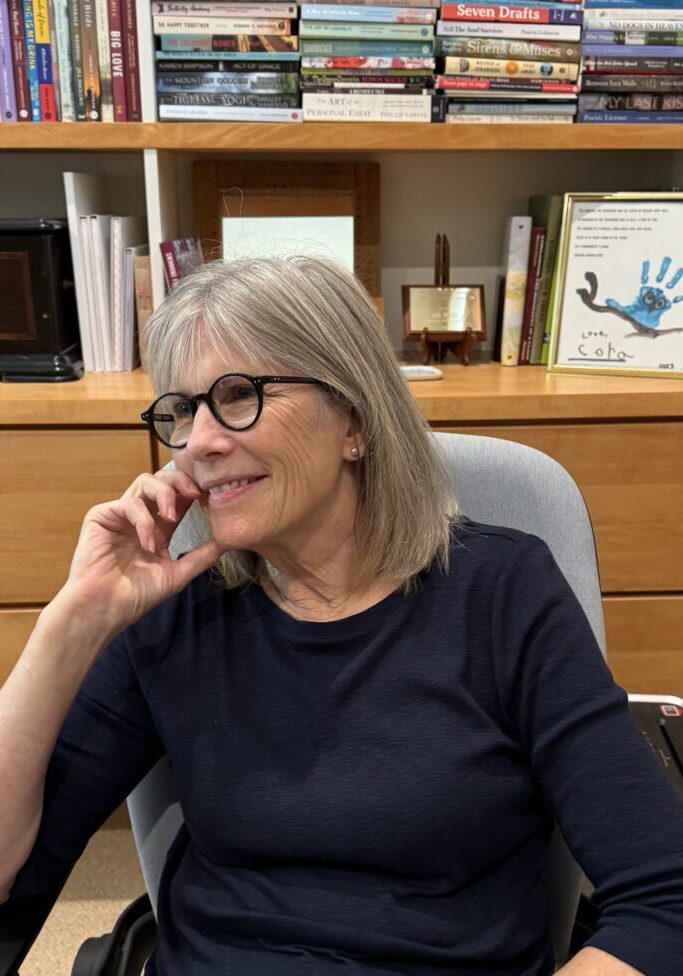ABOUT
Kim Fairley is an artist and memoirist who writes about wrestling with secrets, healing from grief, and competitive swimming during the early years of Title IX. Her articles have been featured in the Huffington Post, Salon, MSN, GoodMen Project, and Ann Arbor Family, among other places.
She is the author of three books. The first, Boreal Ties: Photographs and Two Diaries of the 1901 Peary Relief Expedition, was published by The University of New Mexico Press. Her other two books, Shooting Out the Lights and Swimming for My Life were published by She Writes Press and are distributed by Simon & Schuster.

Autobiography: "This is my story, and I'm sticking to it."
Memoir: "This is my story. No, wait. This is my story!"

A Brief History
Kim comes from a family of storytellers and swimmers. Her parents were both traveling sales representatives who mastered the art as part of their sales strategy.
As a child, when her parents would arrive home, she and her siblings would sit at the dining room table and take turns interrupting each other with details of what had happened while their parents were away.
With a charismatic extrovert for a father who could tell a great story and a mother who provided unwavering support for her creative pursuits, storytelling has always been a part of her life. Even as a young child, she made art about her family history.
Kim has a BFA from the University of Southern California and an MFA from the University of Michigan. She currently is working on a series of short nonfiction pieces.
She is a member of NFAA (Nonfiction Authors Association), NAMW (National Association of Memoir Writers), The Authors Guild, and the Ann Arbor Area Writers.
QUESTIONS
Isn't it hard to write about your family knowing they may not share the same perspective?
I got lucky with my family. They gave me lots of material and fortunately, they all like to tell stories. Ever since I started writing, I've called them for their blessings. If the way I'm telling a story isn't as strong as the moment they remember, they aren't afraid to tell me the writing needs work.
After all those years of making art, why did you become a writer?
All my life I've made art about my family. At art shows, I found myself telling stories rather than talking about the art. The logical next step was to become a writer and miner of family stories.

How does your past as a swimmer influence your writing?
As a swimmer, I learned that the individual meets didn't count as much as the Nationals. You work your tail off all season, and some performances you're up, others you're down. What matters is that you're consistent with the hard work. I think swimming taught me to keep plowing through, and never give up when I encounter minor setbacks.
Why do you write memoirs and not fiction? Why not make up the story?
Maybe I'm not that naturally creative. I look at memoirs as storytelling with muscle. We glance back at where we've been and attempt to answer the tough questions. It can be painful, but we discover a new context for feeling and image in the process. We see patterns in our own lives, repeats from generation to generation, that help us understand who we are, how we got here, and how we connect to everyone else on the planet.
